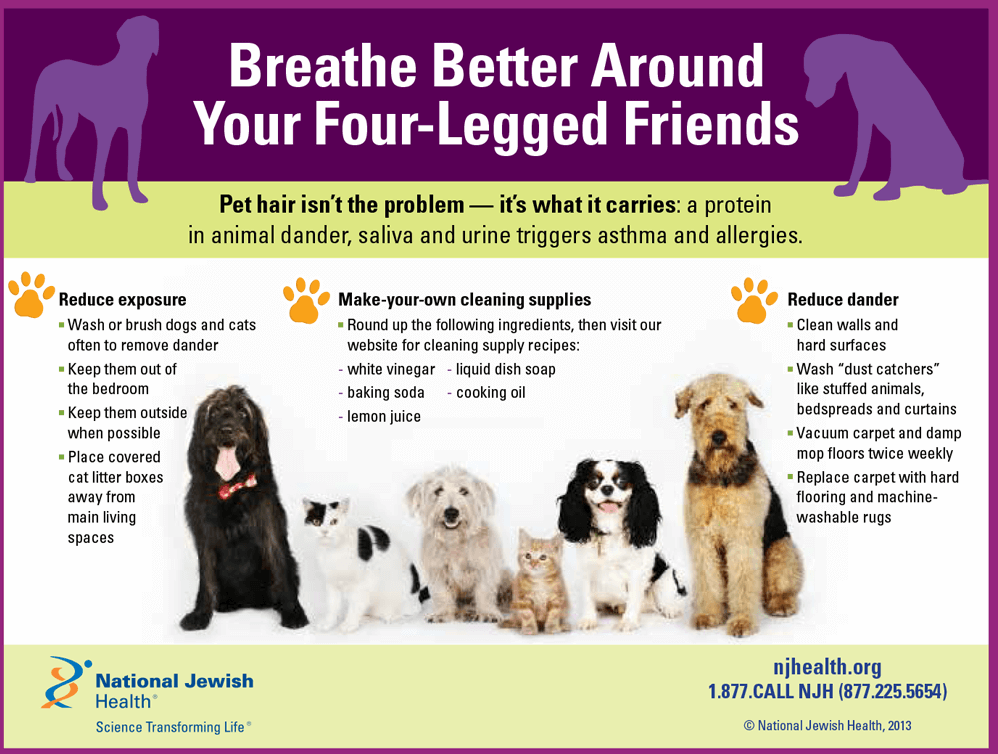Keep Pets Parasite Free For Their Health
Keep Pets Parasite Free For Their Health
Blog Article
What Vaccinations Are Needed For Pet Childcare?
Whether your dogs spend time at daycare or boarding facilities, they need to be current on every one of their called for inoculations. Core vaccinations include Bordetella, rabies and DA2PP, which guard against typical diseases that pets are revealed to when in close contact with others.
Non-core vaccines include canine influenza and leptospirosis shots. These are suggested for puppies that mingle with other dogs regularly.
Core Injections
As an important part of preventive treatment, pet dog vaccines aid maintain canines secure from transmittable illness transmitted through straight get in touch with or contaminated surface areas. Injections promote the immune system to develop antibodies that battle disease, and the majority of vets consider core pet dog vaccines to be crucial for all family pets.
Rabies
Many reputable pet day care facilities need that your pet be up to day on their rabies vaccination. Inoculations are administered to puppies as very early as 12-16 weeks old, and boosters are required every three years approximately up until the adult years. Rabies is a deadly viral disease that spreads out through saliva, normally from bites. A lot of states require rabies inoculations for all dogs and felines, and some also mandate rabies boosters for animal proprietors.
Distemper/Parvovirus/Adenovirus (DHPP).
This combination injection covers canine distemper, parvovirus, liver disease, and adenovirus, all of which are extremely transmittable. Many vet workplaces provide DHPP vaccinations as one shot or in a series of two to 4 shots, offered 2-4 weeks apart, complied with by a yearly booster. This vaccination is a requirement for a lot of boarding and dog daycare facilities, along with many groomers.
Bordetella/Canine Parainfluenza Injection.
Bordetella bronchiseptica, generally known as kennel cough, is an extremely transmittable respiratory infection triggered by the microorganisms that causes the illness. Signs and symptoms consist of relentless coughing, sneezing, nasal discharge, and high temperature. The majority of kennel coughing episodes take place in crowded settings, such as childcare or boarding centers, and are specifically usual in warmer weather condition. This injection is a demand for a lot of day care and boarding facilities, and is typically provided in a combination with the DHPP vaccine.
Leptospirosis Vaccine.
This is a bacterial condition that spreads out via polluted water, soil, and urine. Infection can cause kidney and liver damage, as well as fatality, and is transmissible to human beings. A lot of vets will recommend this vaccine, based on geographical area and way of life of the pet, for canines that spend time outdoors or wedge dog kennel boarding at boarding facilities, along with some groomers. This vaccination is generally provided as a series of two to 4 shots, spaced 2-4 weeks apart, with a yearly booster needed for a lot of animals.
Lyme Disease Vaccination.
The most common tick-borne condition in the USA, Lyme disease is sent by the deer tick and can cause fever, joint pain, muscular tissue pain, and loss of appetite. The Lyme disease vaccination secures against one of the most widespread stress of the virus, consisting of the H3N8 and H3N2 stress. Many vet centers recommend this vaccination, especially in high-risk locations, such as the Northeast, upper Midwest, Mid-Atlantic, and along the Pacific shore.
Noncore Vaccines.
Other pet injections, while not necessary for all pet dogs, are suggested based upon the pet dog's lifestyle and geographical area. These include the following:.